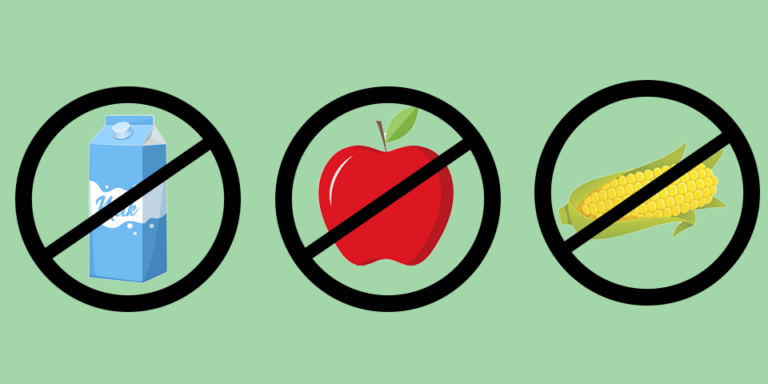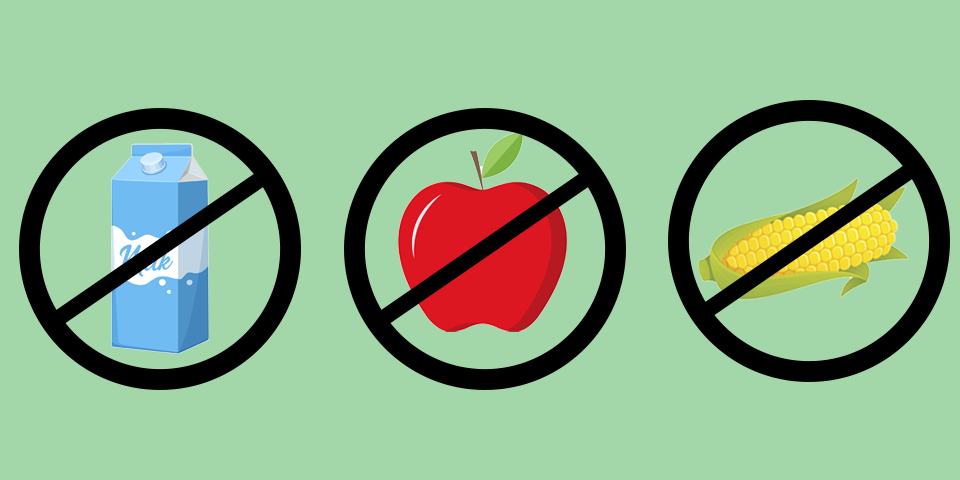
Celebrity diets take on lives of their own. That’s why, even if you don’t watch football or shop at Victoria’s Secret, you’ve probably heard of Tom Brady and Gisele Bundchen’s restrictive eating plan, otherwise known as the lectin-free diet.
Clearly this controversial style of eating didn’t hinder Brady’s athletic performance, but is it something you should consider trying? Here’s what you need to know.
What Is Lectin?
Lectins are naturally occurring proteins found in roughly 30 percent of the foods we eat. They bind themselves to carbohydrates, and are present in plants and animals.
Lectins “serve a protective function for plants as they grow,” says Jim White RD, ACSM EX-P, owner of Jim White Fitness and Nutrition Studios, noting their beneficial properties.
They may also cause gastrointestinal distress in susceptible individuals if certain foods containing them aren’t cooked properly.
Although small amounts of these proteins may offer benefits, certain health professionals caution against consuming them in large quantities, while others say more research is needed to confirm these claims.
Humans can have trouble digesting lectins, so some travel through the gastrointestinal tract untouched. But others have the potential to bind to the gut lining in susceptible individuals, where they can cause digestive issues.
And while more research is needed, some claim that when they bind to the gut lining, they have the potential to reduce nutrient absorption.
What Is the Lectin-Free Diet?

“The lectin-free diet is about cutting back or completely eliminating lectins from your diet,” explain Nutrition Twins Tammy Lakatos Shames, RDN, CDN, CFT and Lyssie Lakatos, RDN, CDN, CFT. This approach to eating, based on the theories of cardiologist Dr. Steven Gundry, is exactly what the name suggests.
That means you’ll curb or cut entirely nightshade vegetables like peppers, eggplants, and tomatoes as well as legumes, some nuts and dairy products, and grains such as barley, rice, and quinoa. (Read: No cereal, bread, or pasta.)
Gundry says that lectins are associated with health issues and digestive problems, Lakatos and Lakatos Shames explain. He claims that lectins are associated with negative reactions because they bind to carbohydrates, particularly sugars, in the body, and can block messaging between cells.
But they point out that these effects aren’t supported by research done on humans.
What Can You Eat on a Lectin-Free Diet?
Since the lectin-free diet cuts out specific foods from some larger categories, like fruits and vegetables, it’s often easier to think about what you can’t eat on the diet than what gets the green light.
But food recommendations on this eating plan, according to Gundry’s research, include the following:
Olive oil and olives
Pasture-raised meats
Leafy, green vegetables
Cruciferous vegetables
Avocado
Cooked sweet potatoes
Asparagus
A2 milk (and butter made from it)
Celery
Mushrooms
Garlic and onion
What Should You Avoid on a Lectin-Free Diet?

Although there are ways to decrease the lectin content of some foods, such as pressure cooking, fermenting, sprouting, deseeding, peeling, and boiling, Gundry recommends cutting down on these foods.
Nightshade vegetables (eggplant, pepper, potato, tomato)
Legumes (beans, peas, peanuts, and lentils)
Grains
Squash
Fruit (allowed seasonally in small quantities)
There are some foods Dr. Gundry recommends that people following his lectin-free diet as intended should avoid completely:
Corn
A1 milk
Meat from corn-fed animals
There have been questions in the past about certain foods in particular. Since they’re an animal product, eggs, for instance, are allowed on the lectin-free diet, but only those from pasture-raised chickens.
Certain types of nuts and seeds are allowed, such as walnuts, pine nuts, hemp seeds, Brazil nuts, pecans, flaxseed, pistachios, and sesame seeds. Almonds and cashews are prohibited, as are peanuts since they’re technically a legume.
The lectin-free diet allows certain in-season fruits in moderation. That includes apples, blueberries, blackberries, cherries, lemon, oranges, cranberries, and raspberries.
However, bananas contain lectin and are discouraged under the diet.
Lectin-Free Diet List of Foods
To reiterate, the lectin-free diet is still a theoretical approach to eating that hasn’t been scientifically validated.
But if you want to do your own experimenting, these are the foods allowed and prohibited, according to Gundry.
Can a Lectin-Free Diet Help With Weight Loss?

Brady and Bundchen might have given the lectin-free diet its first boost, but Kelly Clarkson and her weight loss on the plan catapulted it over the wall, which has many people wondering if this contentious approach to eating would yield similar results for them.
It depends, the Nutrition Twins explain, but technically the lectin-free diet could create conditions conducive to weight loss. That’s because any diet that eliminates groups of foods is likely to create a calorie deficit, which is what makes the number on the scale drop — not necessarily the specifics of the plan.
“If someone currently eats a large portion of their diet from lectin-rich foods like legumes, beans, peas, lentils, peanuts, squash, fruit, nightshade vegetables, grains, corn, meat from corn-fed animals and cuts those foods out of their diet, they may lose weight from simply cutting back on calories,” they explain further.
But again, the duo underscore that a calorie deficit is required: “If you simply eat other foods to replace the ones you’ve cut, you likely won’t experience any weight loss.”
Visually, you might also appear to lose weight if you have a food intolerance that gets pacified through this plan. Any time you identify foods that aren’t well tolerated by your body, you’ll feel better. And improved digestion resulting from the elimination can lead to less bloating and gas, which means your stomach will feel — and maybe even look — flatter.
In terms of what we know works, though, White sums it up: “Lectins haven’t been studied extensively in humans. Currently, there is no evidence that concludes whether it’s good or bad for your health or helps create weight loss.”
What Are the Benefits and Risks of a Lectin-Free Diet?
“Eating a variety of nutrients is a part of being healthy. And without food variety, health has the potential to be negatively impacted,” the Nutrition Twins explain. “This lectin-free diet plan lacks many of the nutrients needed for optimum health.”
White echoes their concern, noting that the biggest drawback is “missing out on vital nutrients like fiber, B vitamins, antioxidants, protein, and heart health nutrients.”
But it comes with other concerns, too. Overall, the risks of the lectin-free diet include:
Missing out on vital nutrients
Higher food costs (especially from pasture-raised meat products)
Feeling overly restricted
Potential deprivation, which could lead to bingeing
People already following a diet that eliminates certain food groups, like vegetarians and vegans, should probably avoid the lectin-free diet since it would likely remove even more foods from their already limited menu.
But even if you don’t have other limitations, the Nutrition Twins worry that the lectin-free diet is simply too restrictive and lacking in scientific evidence to be sustainable for most people.